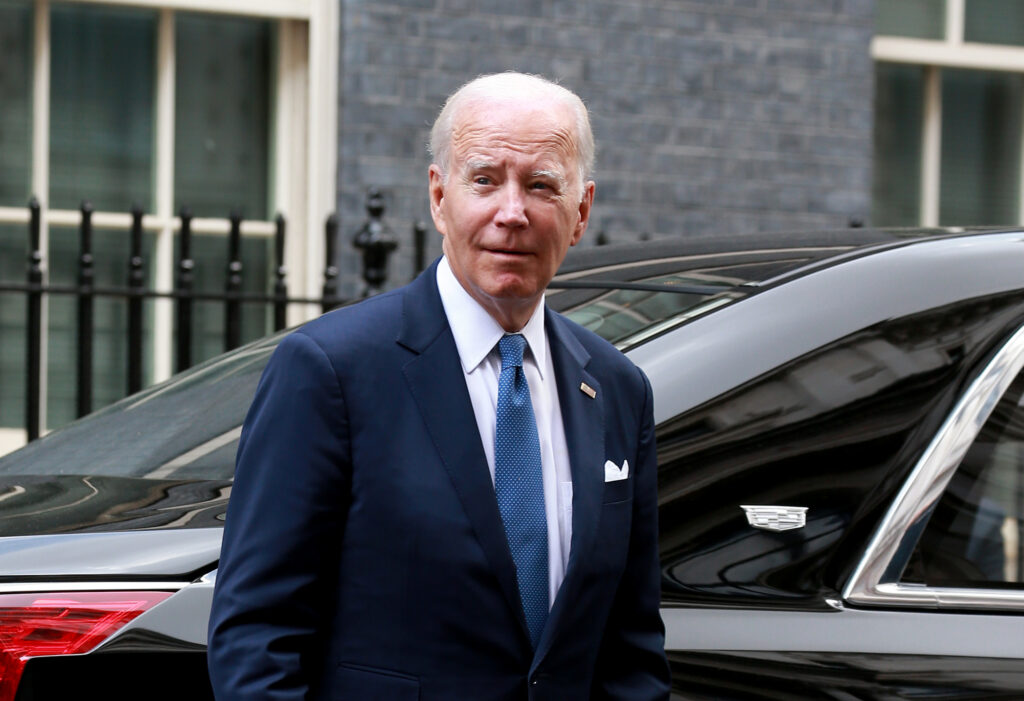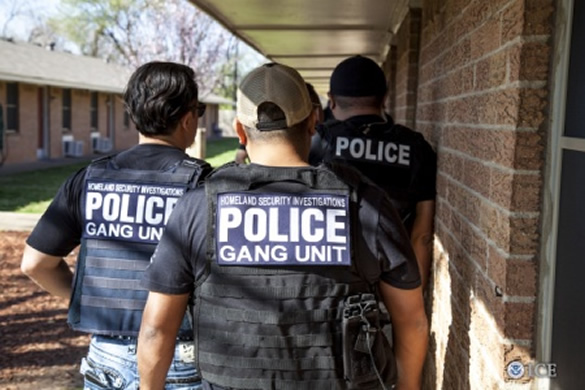WASHINGTON, D.C. — Hundreds of migrants flagged for terrorism or criminal history received U.S. taxpayer-funded benefits after being paroled into the country under minimal screening, according to a new release from the Department of Government Efficiency.
Key Points
- 905 migrants, including 4 on the FBI terror watchlist, received Medicaid totaling $276,000
- Over $1 million in public benefits distributed to 6,300 migrants with criminal or terror records
- Paroled migrants accessed federal aid despite lacking legal immigration status
A federal review revealed that 6,300 individuals paroled into the United States since 2023 were either on the FBI’s Terrorist Screening Center watchlist or had criminal records. The Department of Government Efficiency (DOGE) reported that these paroles have now been “terminated with immediate effect.”
The migrants were admitted under a process that granted temporary parole without full legal status. That status still allowed recipients to apply for work permits, obtain Social Security numbers, and access multiple public benefit programs.
Millions paid in benefits to flagged individuals

According to DOGE, 905 of the paroled individuals were found to be collecting Medicaid, with benefits totaling $276,000. Among them, four were confirmed to be on the FBI terror watchlist.
Other payments included $42,000 in unemployment insurance collected by 41 individuals, and $280,000 in federal student loans issued to 22 parolees. In 2024 alone, 409 of the migrants received net tax refunds totaling $751,000. Several others were granted SNAP (food stamp) benefits, though the final number remains undetermined.
“Under the Biden administration, it was routine for Border Patrol to admit aliens into the United States with no legal status and minimal screening,” the agency stated.
Parole status linked to benefit access

Federal rules allow paroled individuals to apply for work permits and be assigned Social Security numbers, which in turn makes them eligible for various federal and state programs, despite not having permanent legal status.
The report comes amid ongoing scrutiny of the administration’s immigration policies and use of humanitarian parole. While the parole program was initially intended for urgent humanitarian reasons, officials say its broad application has led to unintended access to taxpayer-funded support.


